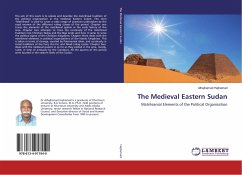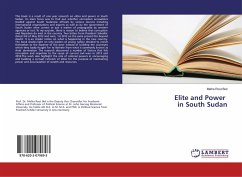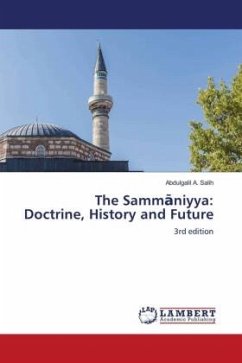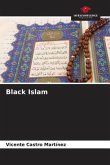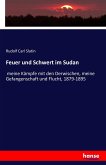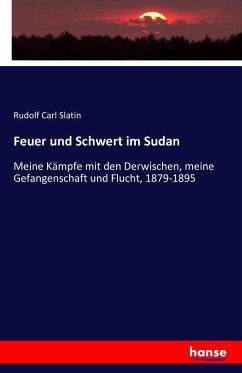The aim of this work is to isolate and describe the matrilineal tradition of the political organization in the medieval Eastern Sudan. The term "Matrilineal" is used to cover a wide range of practices undertaken by the royal women of the different ruling classes of the period. Chapter one traces the elements of the matrilineal system in the early history of the area. Chapter two attempts to trace the continuity of the matrilineal tradition into Christian Nubia and the Beja lands and how it came to serve the political sigma of the Christian kingdoms. Chapter three deals with the matrilineal elements in political organizations of the Islamic kingdoms. This is taken in terms of change, exerted by Patrimonial Islam, and continuity in social traditions of the Funj, the Fur and Takali ruling castes. Chapter four deals with the medieval queens in so far as they existed in the area, mostly, ruled, in time of antiquity by the Candaces. All the queens of the period were located in the eastern limits of the Sudan.
Bitte wählen Sie Ihr Anliegen aus.
Rechnungen
Retourenschein anfordern
Bestellstatus
Storno

